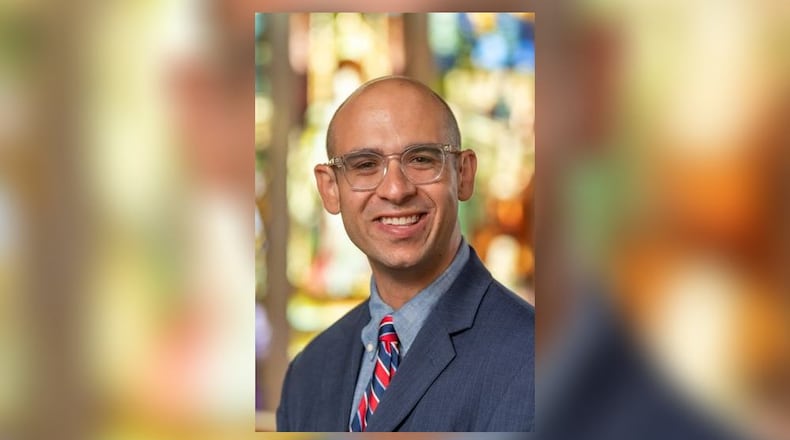At the very least, they rib me for joining the echo chamber into which American higher education has apparently devolved.
This complaint about professors mindlessly agreeing — killing free speech and indoctrinating their students — is not one to take lightly. It prompted Middletown native JD Vance to proclaim that “universities are the enemy” in 2021. It has justified Trump Administration decisions to cancel grants for life-saving research. And it has energized the Big Beautiful Bill’s endowment tax as well as Ohio’s Senate Bill 1.
Plenty of articles have already discussed the havoc these policies will wreak. What I want to focus on here is the problem of invoking the academic echo-chamber to justify them.
Namely, the charge is faulty — in part for not discerning between two kinds of intellectual diversity: political and disciplinary. The former gets all the attention while the latter takes up the bulk of actual professors’ time.
I won’t deny that, for all our sparring, many academics are politically progressive and that these views sometimes filter into the classroom. We should be reflecting mindfully, then, about how to maintain our pedagogical and human values without commenting on politicians or policies per se. From conversations I’ve had with my colleagues, I know many of us are doing just this.
But I’ll also insist that most academics spend their professional lives not on pressing political issues but on the specialized knowledge they gained in graduate school and then advance throughout their careers.
Of course, this binary isn’t absolute. We may claim that our expertise has contemporary relevance and political implications — and perhaps even explain as much in public writing, say. But at least in the humanities, in most fields, most of us are focused on contested questions of aesthetics and interpretation — in articles, at conferences, and on our syllabi. This can be true even in departments — like African American or Gender Studies — that seem overtly partisan because they’ve been reduced to strawmen in today’s culture wars.
Because I teach Renaissance literature, however, let me give an example from one of my classes on Shakespeare’s tragedy “King Lear” (1606), about an aged monarch who wants to divide Britain among his three daughters. The one who actually loves him, Cordelia, gets cut out for refusing to abide by his rules, while the others who do play ball, Goneril and Regan, end up ungrateful and cruel.
I invited my students to read for irony and ask questions about the structure of the play. I helped them clarify their perspectives in light of what critics have already said about the paternal goodness of Lear, the apparent villainy of Goneril and Regan, and either the saintliness or sanctimony of Cordelia. And when things got too impressionistic or vague, I reminded them that any reading was valid so long as it could be supported by textual specifics. Respectful, rambunctious, rigorous debate ensued.
Certainly, this debate touched on big questions — of desire, difference, identity, and power at the crossover of the public and personal spheres — that are dividing America today. But I didn’t tell my students how to apply their insights from the text to the problems of the present. They can do that on their own time.
For me, then, the text is the thing. (For other humanities professors it might be the painting, performance, archive, or score.)
In my courses, it’s what we root our conversations in, read microscopically, and then discuss in broader terms. It’s the nerve center of our dynamics. The skills my students learn as a result include attention to detail, grappling with contrary perspectives, argumentative logic, and rhetorical persuasion, as their assumptions and preconceptions are challenged, nuanced, questioned, and perhaps eventually reaffirmed.
But how they extrapolate from class is ultimately up to them. What I’m concerned with is empowering my students to form and support thoughtful opinions — regardless of their ideological bent.
That is, I help students develop the tools of critical thinking and insights into the human condition they need before entering society at large. Meanwhile, I give them my trust, that they’ll use what they’ve learned to contribute to the world as they see fit.
All I ask in return — from parents, legislators, and my community — is that some of this trust be extended to my profession as well.
Pasquale Toscano grew up in Kettering, spent two years in England on a Rhodes Scholarship, and is now Assistant Professor of English at Vassar College in Poughkeepsie, New York.
About the Author
